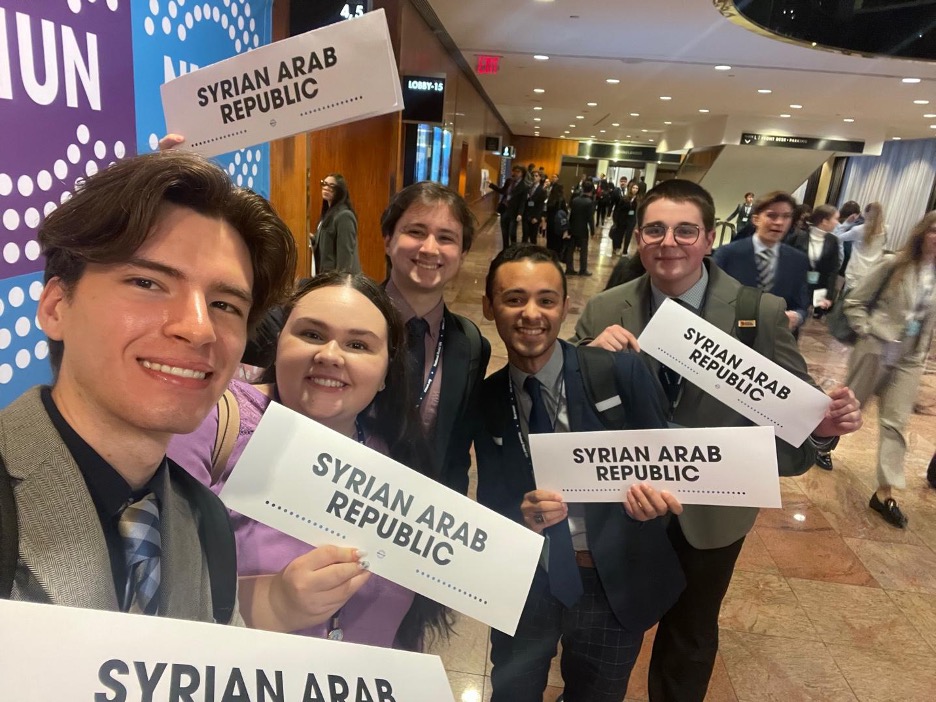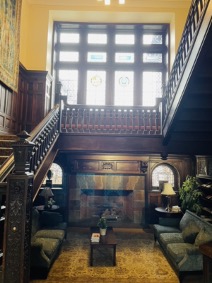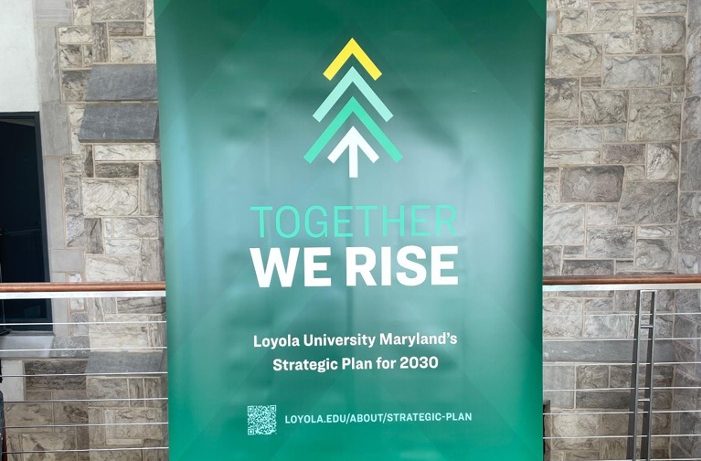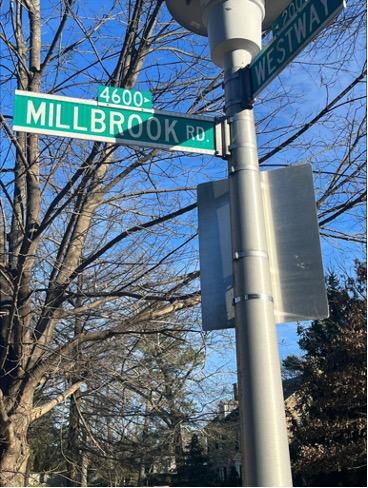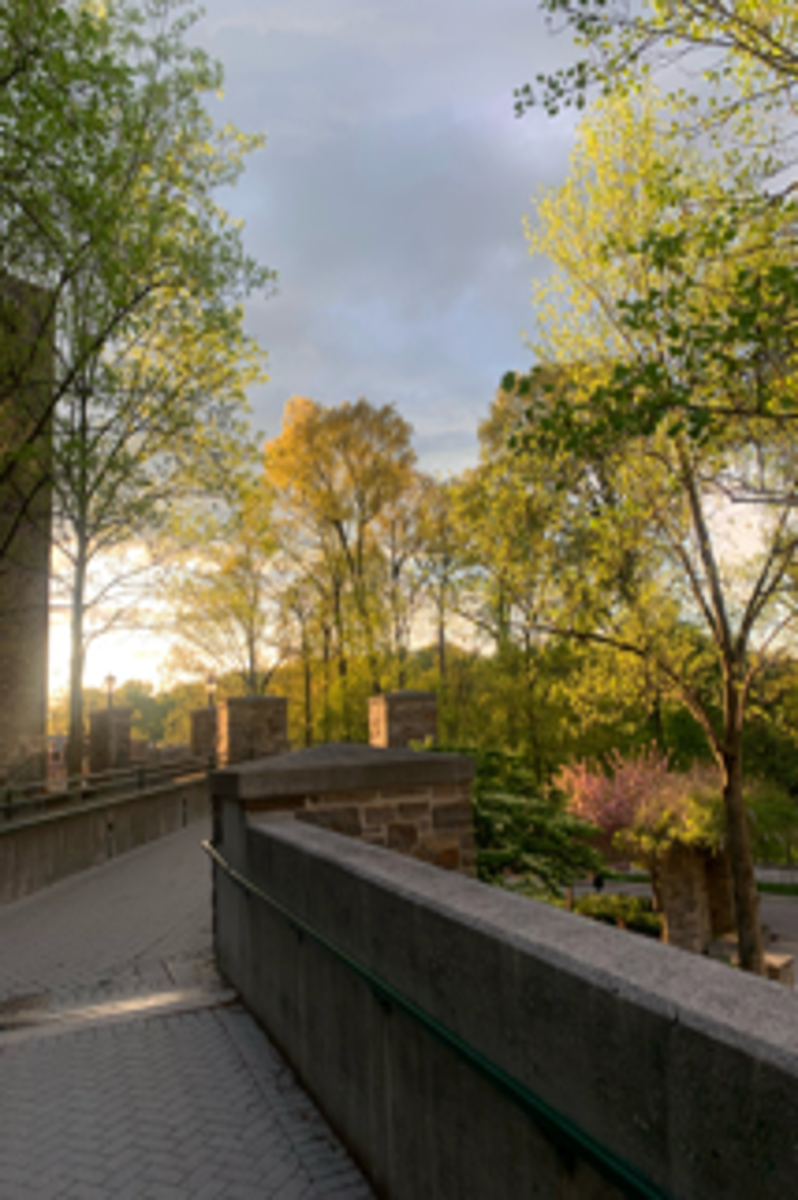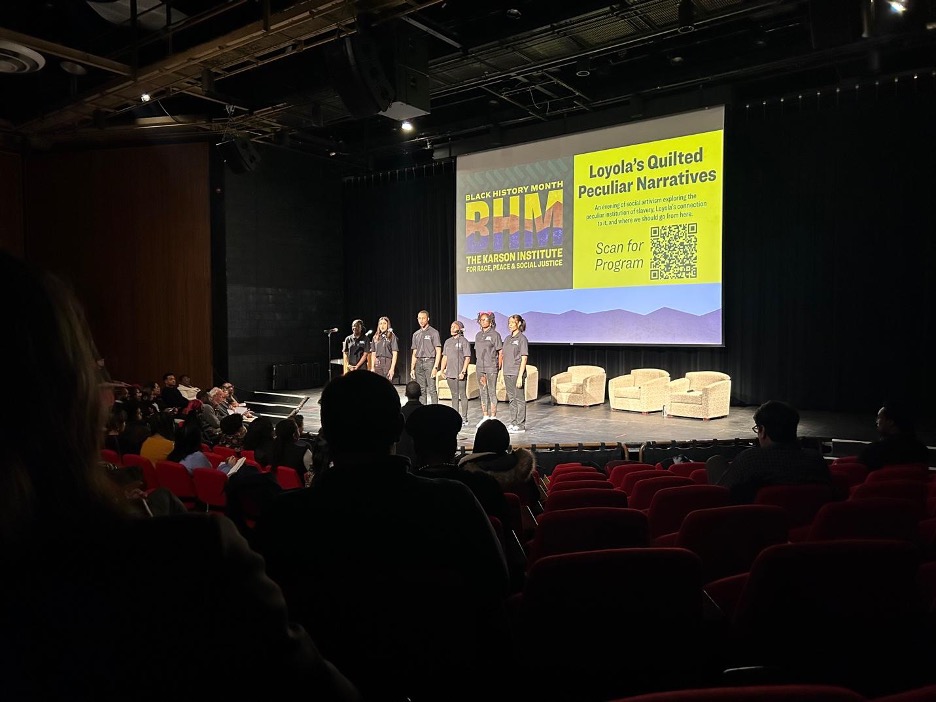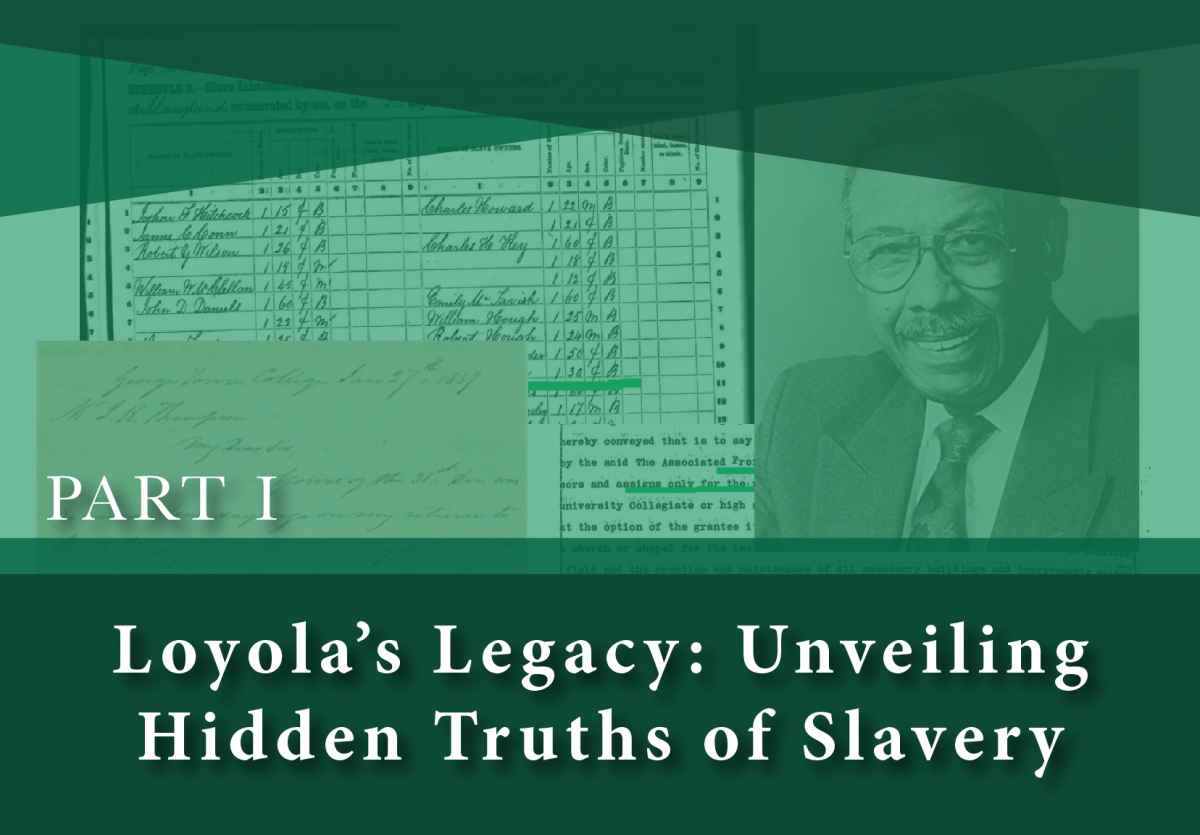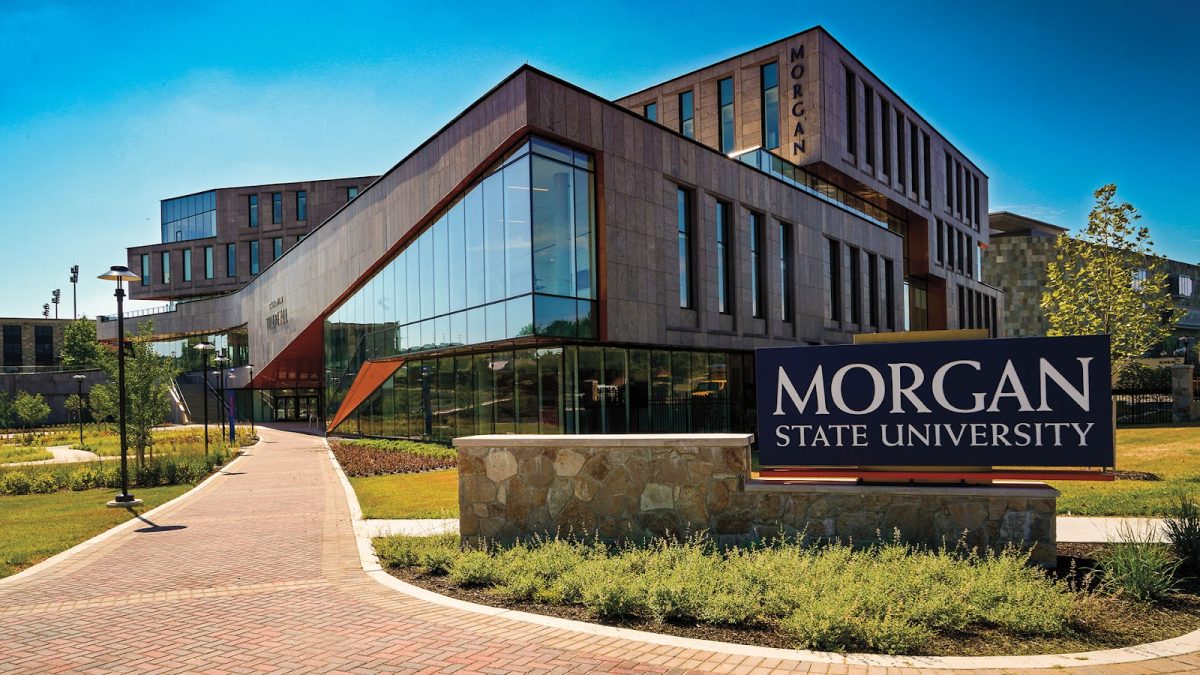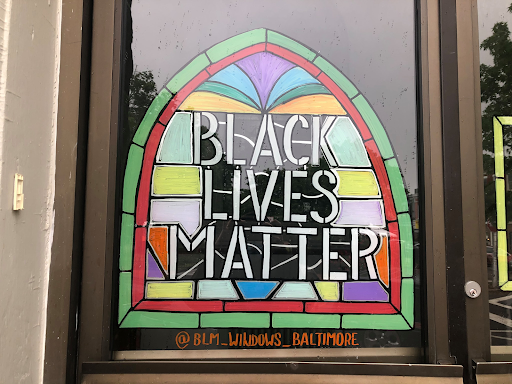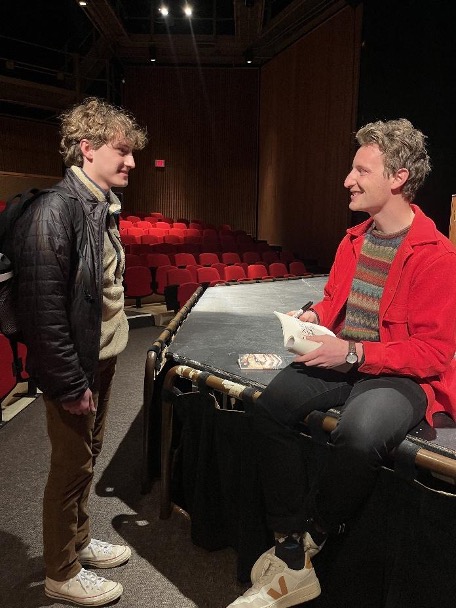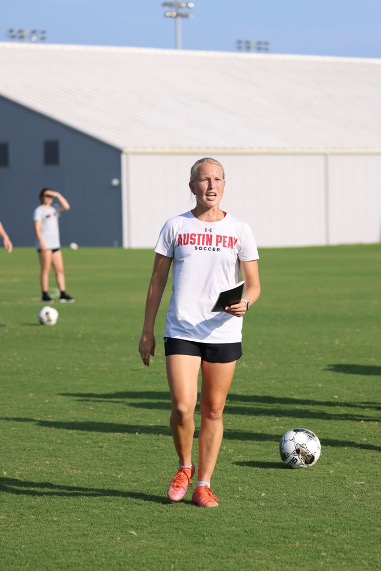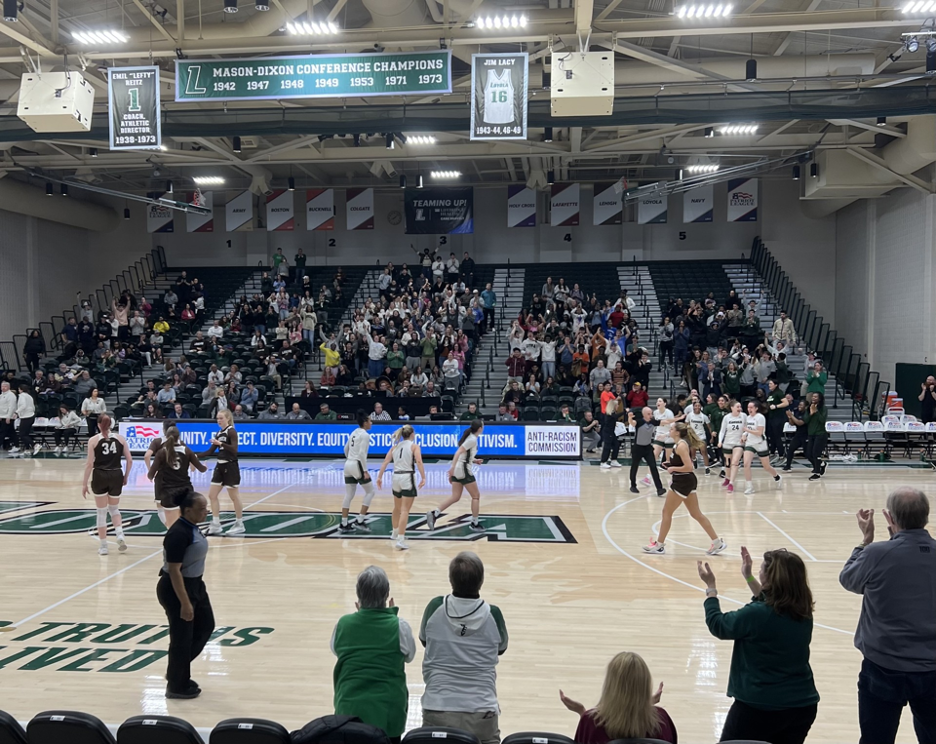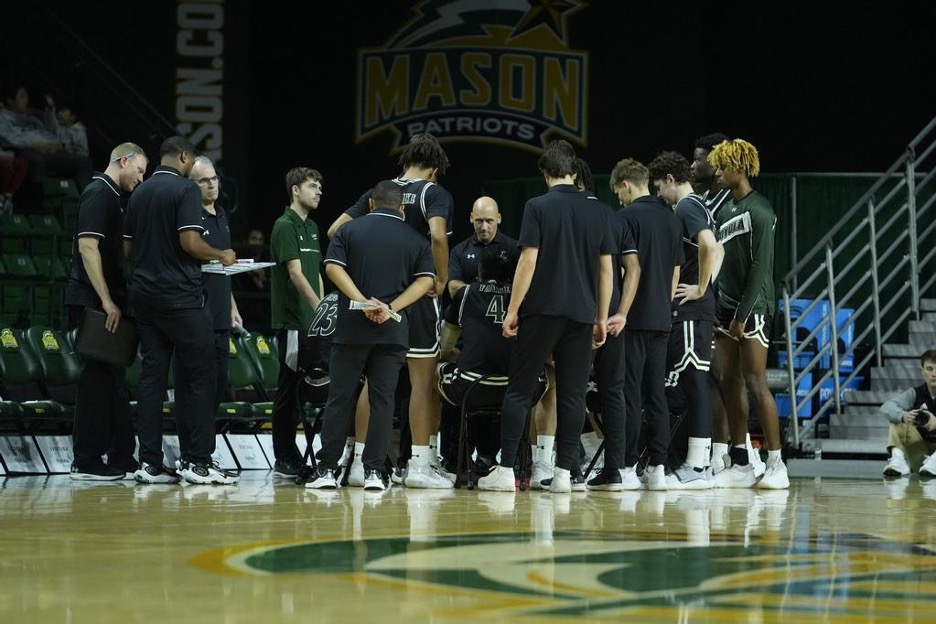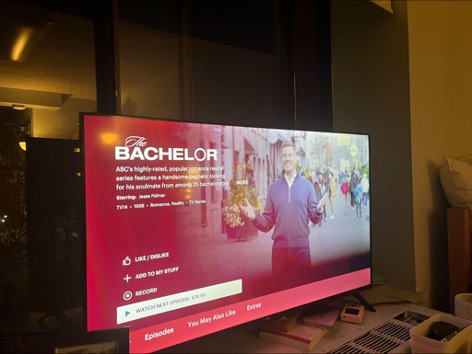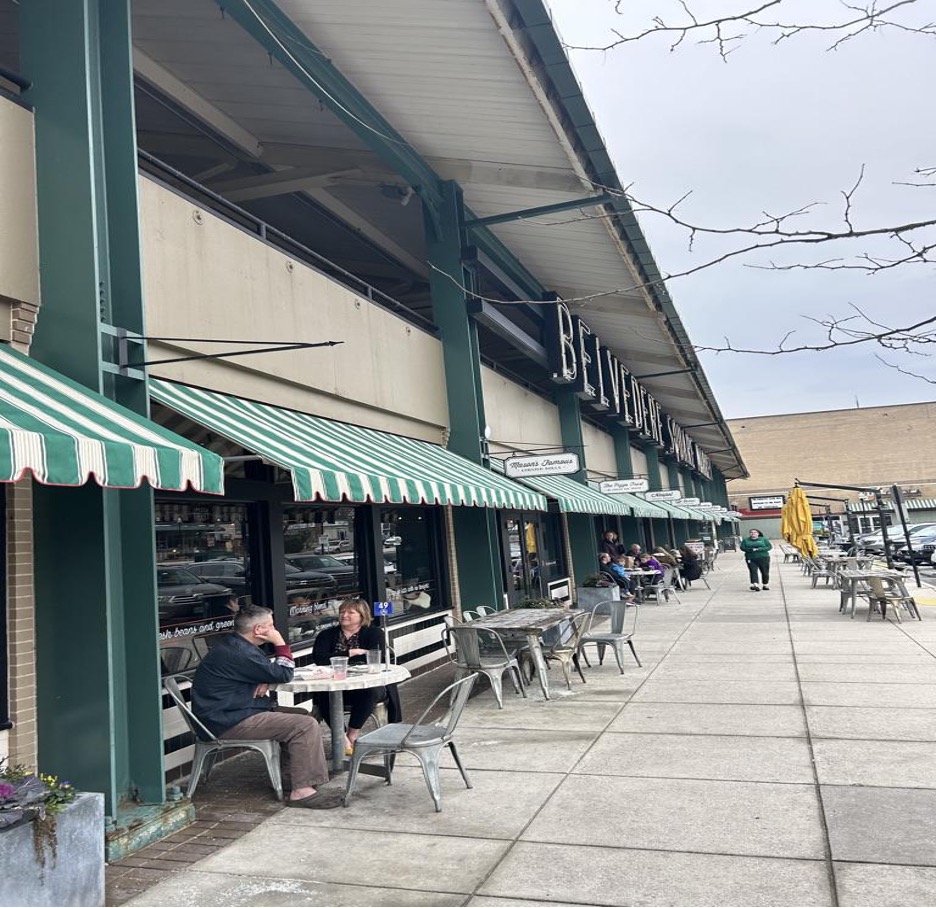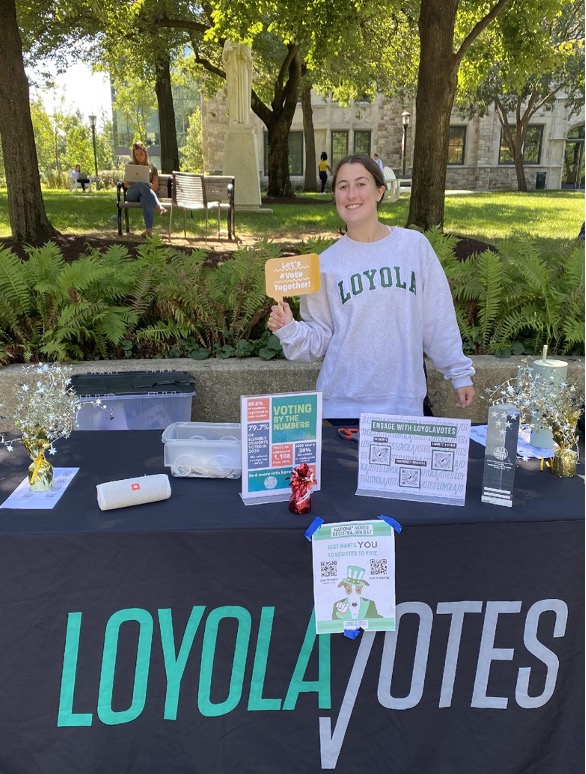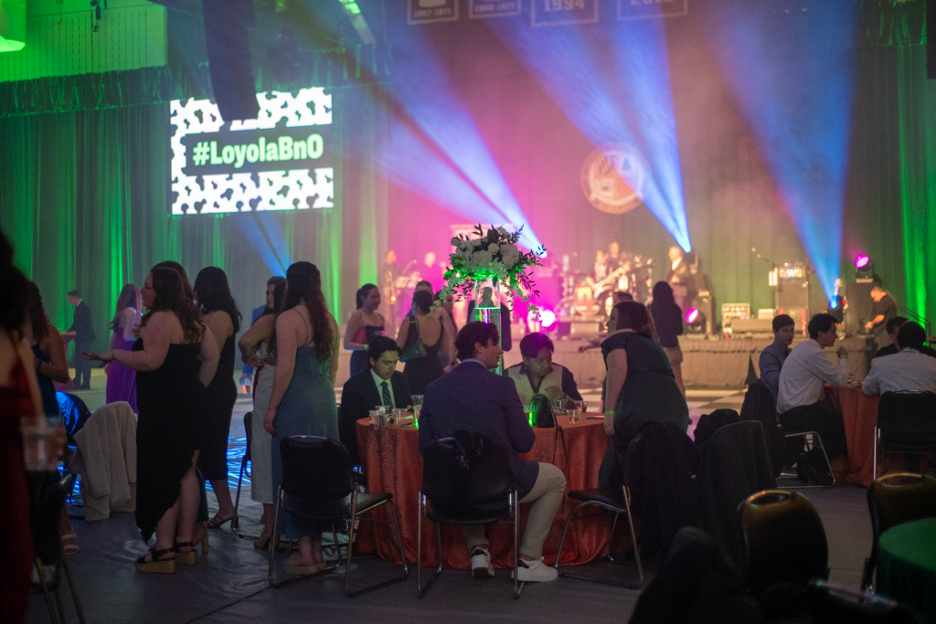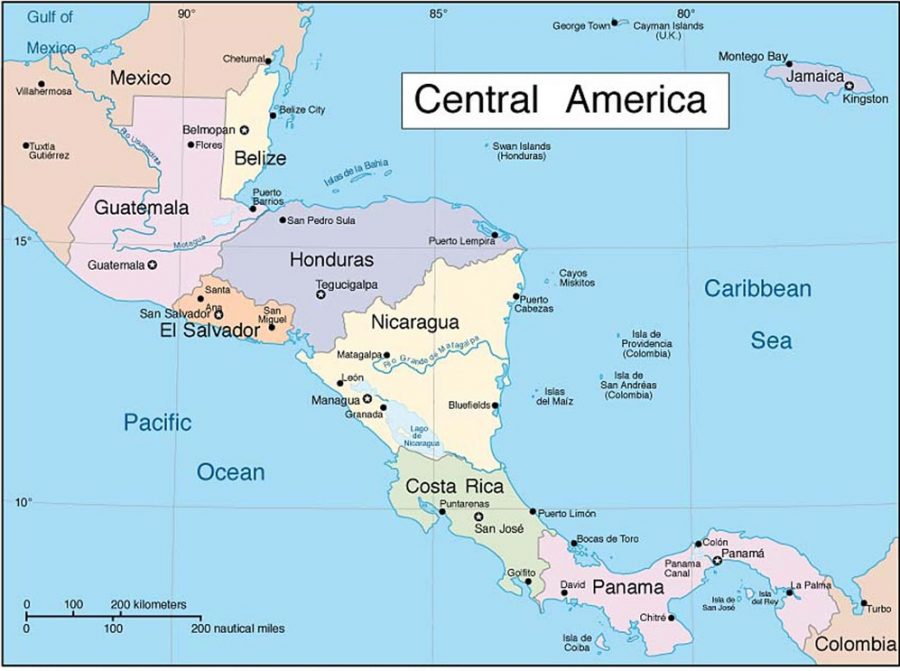On Feb. 22, Loyola University Maryland’s history professor and Doehler Chair Dr. David Carey Jr. for the semi-annual Doehler Chair Lecture. Carey’s lecture was titled “A Crisis Contrived: Central American Immigration and U.S. Complicity.” The lecture combined Carey’s experience studying and traveling through Guatemala with the hot topic of immigration, which has flooded all recent headlines.
Carey first journeyed to Guatemala in 1993 to study. After his initial experience, he returned to the Latin American country each summer to continue to meet people and travel throughout Guatemala. Carey then received the Fulbright Scholarship from 1997 to 1998, where he stayed in Guatemala and studied the history of the Guatemalan people.
This Doehler Chair Lecture was unique because of how Carey took the popular topic of immigration and combined his experience from Guatemala along with his historical background. He was able to shed a new light on the subject, and maybe even encourage some of the audience to pursue the Central American Immigration cause on their own.
“I guess in some ways I should be transparent. I am hoping to encourage some of you to become more experienced in the discussions about Central America and the emigration of Central Americans and to have more compassion for the people who are coming to the United States,” said Carey as he began the lecture.
Carey gave background on the U.S.’s history with Central America. He used examples from Central American history to explain how a majority of the problems, which are pushing Central Americans toward the U.S., were initially created—through U.S. involvement in Central American geopolitics and economics.
He outlined a few specific examples such as the exploits of The United Fruit company with banana farming throughout Guatemalan costs, as well as military intervention when the U.S. spent $4.5 billion financing Central American wars and only $250 million aiding the aftermath.
As Carey continued his lecture with multiple examples of how the U.S. has been one of the largest factors in causing Central American emigration, he shone a light on a side of immigration which hasn’t been discussed in the headlines. Instead of blaming immigrants and the countries they are fleeing, Carey pointed a finger at the U.S. government and posed the question: Have we forced these people away from their homes?
“In many ways, if you think about this history . . . U.S. intervention in Latin America for military reasons, U.S. intervention in Latin America for economic reasons . . . and the failure to compensate for those problems . . . all of that, at least to my mind,” Carey said, “that the United States is really the number one factor in pushing Latin Americans to the United States.”
Carey took it one step further. He said, “I think if that is the case, then we need to be talking about that more. That it is not Central Americans who are threatening the United States. It is the United States who is threatening Central America. That’s a very different sort of discussion we would be having.”
At the core of his lecture, Carey looked Central American immigration from a different perspective which allowed for an opportunity for more solidarity and the opportunity for people to develop more empathy for those who are attempting to start a new life in the United States.
The discourse was a stark contrast to the current tone surrounding immigration. Carey has spent the majority of his academic life learning as much as he can about life in Guatemala and all of Central America and it shows in how he combined current events, history, and personal experience.
Featured Image: Courtesy of cis.org


